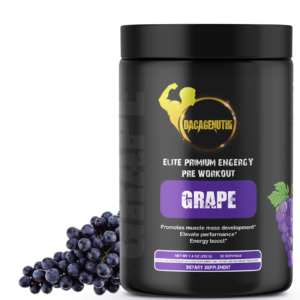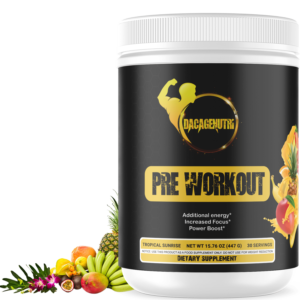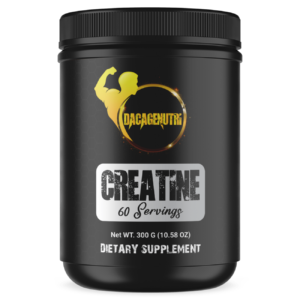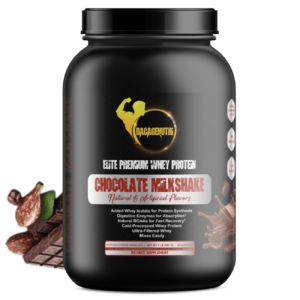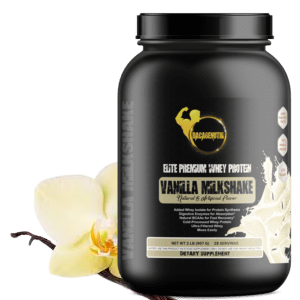Sports performance, physiology, and other scientific disciplines are all included in the broad category of exercise and sports science. As a result, it brings together academics with experience in a variety of fields to conduct studies on human behavior and health. It helps us understand the mechanics within the body and how physical activity promotes health and prevents disease.
You can find out everything you are interested to know about sports science in this article. Let’s get started!
What is Sports Science?
Sports science is an interdisciplinary field that focuses on improving the performance of individuals. It discusses the information, methodologies, and applications of the numerous subfields related to movement and sports. These subfields include the physiology of exercise, the mechanics of motion motor coordination and growth of muscles, fitness psychology, and athletic psychology, as well as the interactions between these subjects.
Improvements in diseases, including diabetes, chronic pain, and cardiovascular sickness, have been made because of the usage of science in sports. Other sports science research has greatly aided our comprehension of the benefits of exercise for emotional wellness. It focuses on the mechanisms by which it can support longevity, the underlying causes of sports-related accidents and fatalities, and the emotional considerations that motivate people to engage in vigorous physical activity.
Professionals in sports science are in high demand in the contemporary job market for all of these reasons and many more. We are more likely to find the path to a healthier, longer, and more meaningful life when we learn more about our bodies’ physical capabilities and how to use them.
What is Meant by Sports Scientist?
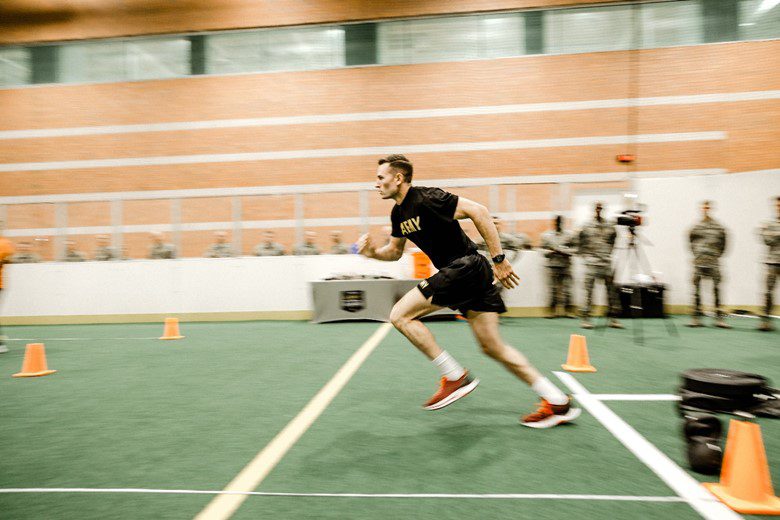
Athletes can perform at their peak on the field with the help of qualified sports scientists. Through examination, study, assessment, and counseling, they discuss coaching, competition, practice, and recovery methods at all levels and in all sports.
Sports scientists will work with teams and individual athletes to provide scientific support as they prepare for competition. This can include advice on dealing with mental illnesses (such as strategies for coping, handling pressure and arousal, and desire), as well as information, technical assistance, and practical assistance with instruction, avoiding injury, technique examination, nutrition, and overall performance enhancement.
Key Disciplines within Sports Science
Sport science can help creating training plans for individuals to perform activities to their full capacity. Four primary key sciences are covered by sports science:
-
Psychology
The psychological demands of physical activity may have an impact on an individual’s ability to succeed and perform at their best. When performance is taken into account, emotional variables might have an impact.
-
Physiology
In physiology, the way the body adapts to exercise and training is considered. Studying this area is crucial since it will give coaches the knowledge they need for the successful instruction of their athletes.
-
Biometrics
Biometrics is the study of observing and assessing biological data, such as hormonal and blood sugar levels. Analyzing this data can help people improve their health and well-being.
-
Motor Learning
Humans may structure their physical abilities through learning or motor coordination. By mastering motor control, people may move swiftly and precisely while consuming little energy and causing no harm.
How Sports Performance is Enhanced by Sports Science?
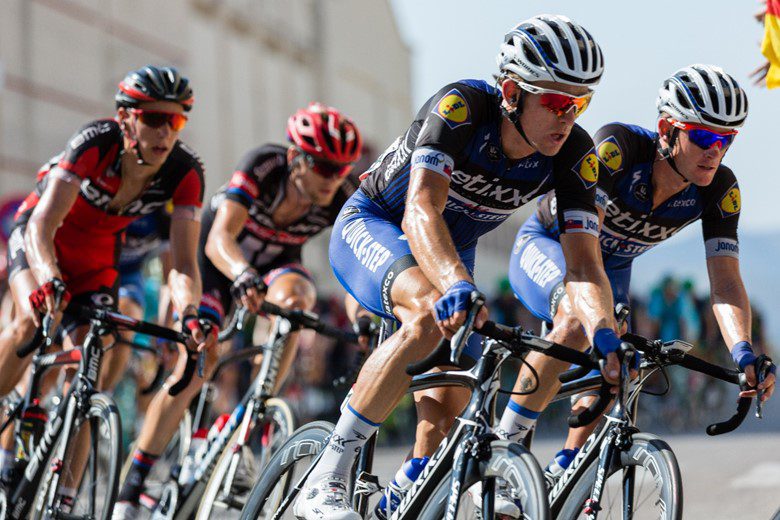
Over the years, our sport’s entire philosophy has seen an important change. Sports and physical activity can help one to promote physical, mental, and social health.
Sports science examines how a healthy human body functions during exercise. It deals with the study of how a specific body type responds to a given workout and how to get maximum from a certain athlete, among other things. While there is no doubt that talent exists, sports science has advanced over time and has assisted many in improving their performance.
This has sparked interest in sports psychology and mental training among players and coaches. Several mental skills have been developed and adopted by sport psychology professionals for use in sports. These strategies often try to alter cognitions that influence behavior and have favorable effects on performance and adherence to injury rehabilitation programs. Understanding goal-setting, encouraging self-talk and expectations, unwinding during important match moments, handling high pressure, and having a keen sense of the game all help.
How Can Sports Science Assist in Injury Prevention?
Injury-related incidents in sports and exercise occur far too frequently. A person who sustains a significant injury might be disabled for several months and might go on to have additional issues.
Sports science has taken into account every strategy for reducing avoidable injuries. The majority of injuries can be avoided with the correct knowledge and safety measures. You can prevent injuries by using sports science in the following way:
-
Stretching
The muscles in the body should be warmed prior to and after any exercise to help prevent trauma. For stretching to be effective, it must be done appropriately. However, keep in mind, stretching too much before your workout can be detrimental.
-
Cooling Down and Warming Up
After warming up, your body is better adapted for strenuous activity and workouts. A warm-up progressively increases your heart rate while aiding in the mobility of the joints and muscles in your body. Just as significant is the need to slow down. Your heart rate slows down as a consequence of this.
-
Suitable Training
A sound training program based on your physiological condition as well as performance goals could assist you in avoiding injury. To determine how to improve your results in the sport or activity of your selection, get an in-depth fitness appointment.
-
Build Your Exercise Gradually

Start cautiously and increase duration and intensity gradually to avoid injuries. You can choose and use your training levels more effectively if you have tolerance testing done.
-
Adequate Nutrition
A nutritious meal is necessary for a productive workout. To discuss the ideal diet for your biological functioning, goals, and learning, you can talk to one of our dietitians.
-
Proper Recovery
Recovery is necessary in order to avoid injury. Poor healing might give rise to injury and poor performance. For optimal guidance, you can speak with trained exercise medical professionals about your particular therapy goals.
-
Psychiatric Rehab
Your mental health can benefit from psychological rehabilitation practices, including massage, spas, and hot showers. Recovery is greatly influenced by mental health. Therefore, it’s critical to make sure you enjoy your workouts rather than disliking them because this can cause fatigue and damage.
Reasons to Study Sports Science
There are numerous practical applications for sports science as well as numerous career options. Here are a few reasons why you should study this diverse filed:
-
Encourage a Healthy Lifestyle
Human health and well-being depend on exercise, and people who work in this fitness field have a significant social influence. With a degree in this fitness sector, you could work to improve people’s well-being and find solutions to the health problems we currently face.
-
Career Prospects
You have a variety of work potential clients with this kind of education. As gyms and other health clubs gain popularity, there is enormous demand for professionals with knowledge of the fitness sector. Many who receive degrees in the field of sports science go on to work as instructors, trainers, mental health professionals, representatives, or in the corporate world of sports.
-
Professional Experiences
Professional placements and industry work experiences are frequently included in degree programs to help you better understand the material. You might collaborate with businesses like healthcare facilities, nutrition firms, or sports groups.
Job opportunities aid with skill development, boost opportunities for employment, and give you an understanding of what your future can be like after the completion of your degree.
-
Adaptable Skills
In addition to jobs directly linked with the area, a degree in sports science can help you succeed in a number of other fields. Assessment, interpersonal interaction, business, managing one’s time, evaluation, reasoning, figuring out solutions, investigation, gathering data, and reporting are among the skills that might be used.
Evidence for Sports Science Research Influencing Practice

Research by David Bishop, Angus Burnett, Damian Farrow, Tim Gabbett, and Robert Newton was published in PubMed in June 2006. This research shows how sports science development has influenced positive practices in quality training and the well-being of athletes.
The study of the science of one’s body and athletic pursuits are combined in sports science. Prior to events and contests, sports science attempts to improve efficiency and durability while lowering the chance of injury. It can be used to help identify abilities as well as constraints so that a training program may be designed for each person, from athletes to the aged, as well as everyone in between.
The explosive growth in sports science is due to the reason that what we have learned from sports science has significantly advanced not only sports but also healthcare and other important industries.
Conclusion
Sports science is an area of research that studies the way a healthy human body works while exercising and how playing a sport or exercising can improve one’s health and activity on a micro to a macro level. Modern scientists today have a more thorough understanding of how the human body counter various stimuli, such as vigorous physical training, various surroundings, and many other inputs.






